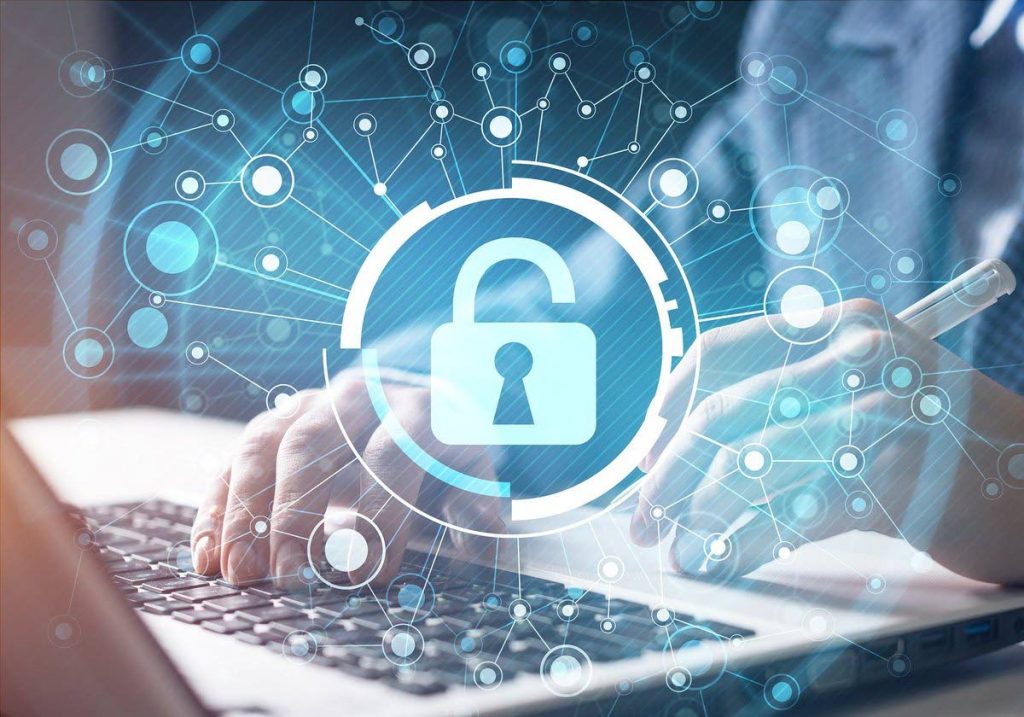Data use must be ethical

WENDELL RAMOUTAR, ACCA International Assembly representative for TT and partner PwC
Last week we began looking at the digital revolution; specifically managing certain critical issues in the digital revolution to prevent it from becoming a runaway horse. Today, we continue to look at some of the key issues surrounding the digital revolution.
Education - Digital literacy:
The UN and its related agencies have recognised the need for training at all levels of our society. Carefully designed digital solutions can help people — even those with very low literacy levels and limited technology skills — navigate digital spaces and benefit from relevant applications, such as those targeting farmers or connecting users to health services. UNESCO has partnered with Pearson and its Project Literacy programme to develop a set of guidelines that will help today’s technology pioneers build more inclusive digital solutions. These solutions aim to help people with emerging literacy skills discover life-changing portals to information, social services and community engagement, while simultaneously providing reason and means to improve foundational literacy skills.
Education - Upskilling:
Digitalisation will also transform people’s jobs. The jobs of up to one-third of the US workforce, or about 50 million people, could be transformed by 2020, according to a report published last year by the McKinsey Global Institute. Upskilling of the existing workforce is needed if such persons are to successfully adapt and be employable as jobs evolve.
Cyber security:
This is the "dark side" of the digital revolution. Many of us may be all too familiar with receiving a call from the bank that our credit card has been compromised. There are also increased reports in the media about identity theft, incidents of hacking into company systems, phishing, ransomware and other such scams. ACCA advocates that organisations consider using established guidance such as that in ISO27001 to provide the basis for a cyber-risk management strategy. ACCA also notes that organisations need have a strategy that considers resilience, recovery and contingency.
• Resilience - protecting the organisation, as far as possible, from the impact of an attack utilising policies and procedures
• Recovery - the process of managing after an attack has occurred to recover to business as usual as soon as possible
• Contingency - testing procedures that need to be activated once an attack has occurred and learning lessons from the simulations
Ethics:
In his April 2018 article, Dave Yardley, author of Practical Consultancy Ethics states, "In the digital world, transparency and integrity must be the core values that guide professional behaviour. Organisations must use data in responsible and ethical ways:”
The most difficult challenge, however, is at an individual level – organisations do not make decisions, individuals do. Digital professionals at all levels will need to determine what is the "right" thing to do from an ethical perspective. He identified the following top five principles for ethical/moral digital transformation
1. Design for privacy, security and integrity
2. Promote trust
3. Beware of bias
4. Ensure there is accountability
5. Promote and ethical culture
Environmental impact:
Accordingly, to the World Economic Forum, there are two aspects to consider as regards digital and the environment:
a) Carbon footprint, e-waste and emissions.
b) Boosting sustainability
According to a United Nations study, 40 million metric tonnes of e-waste was discarded in 2014, of which seven million metric tonnes alone were from the United States and six million from China. Data centres also contribute significantly to emissions due to their high-power consumption and often inefficient cooling systems. Data centres currently consume 1.5 to two per cent of global electricity, a rate that is growing at 12 per cent a year. Consumption is projected to increase to 140 billion kilowatt-hours annually by 2020. That would be equivalent to the annual output of 50 power plants and create carbon emissions of nearly 150 million metric tonnes of carbon annually.
Digital initiatives offer immense opportunity to help decarbonise the global economy:
• There is the potential to avoid an estimated 26 billion metric tonnes of net CO2 emissions from just three industries: electricity (15.8 billion metric tonnes avoided); logistics (9.9 billion) and automotive (540 million), from 2016 to 2025.
• This is almost equivalent to the CO2 emitted by all of Europe across that time period, or the United States more than five times over (based on 2013 data). By 2025, this would amount to 8.5 per cent of global emissions.
• In the electricity sector, if smart asset planning and management, and energy storage integration were universal, we estimate that up to 8.8 billion metric tonnes of CO2 emissions could be saved by 2025, creating $418 billion of new value for the economy.
In closing, it is clear that a holistic, multi-faceted approach is needed to manage the beast that is the digital revolution. One area that appears to be in need of greater focus and resources is education.

Comments
"Data use must be ethical"